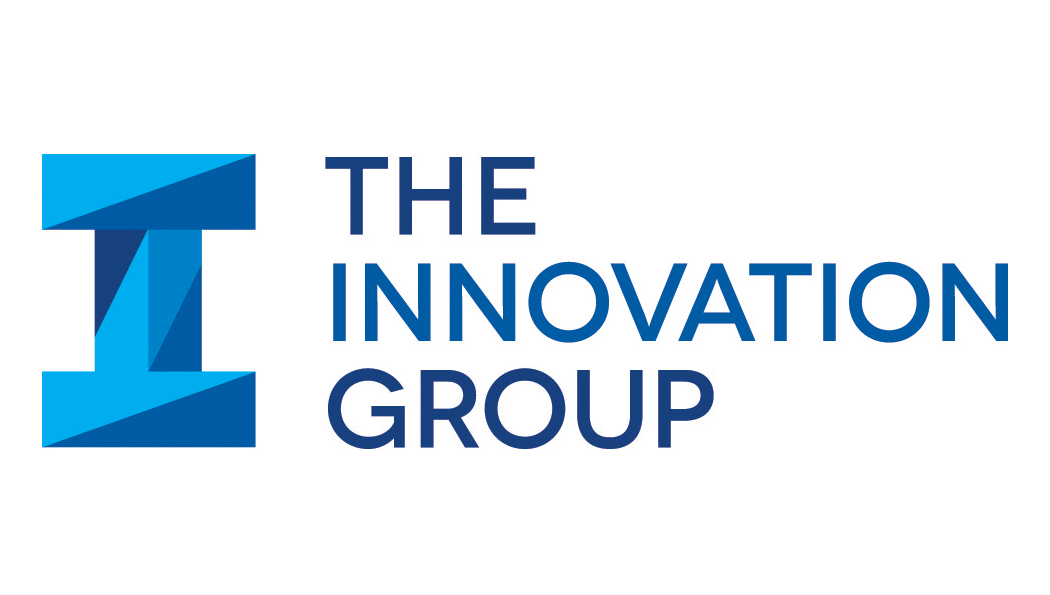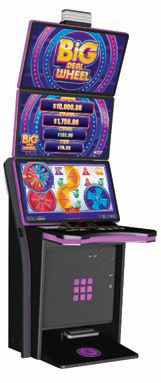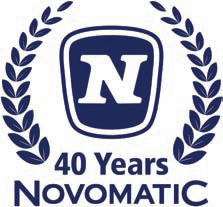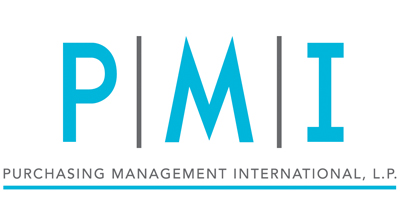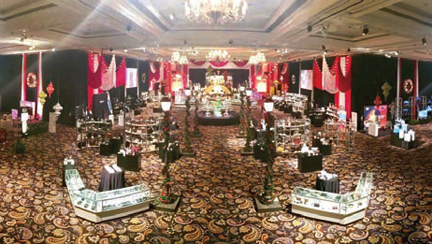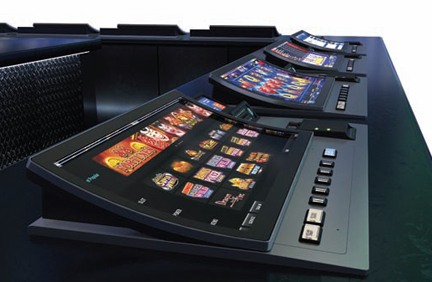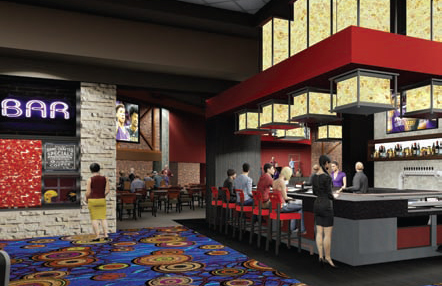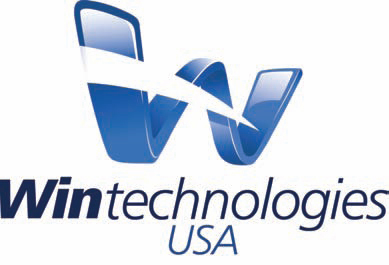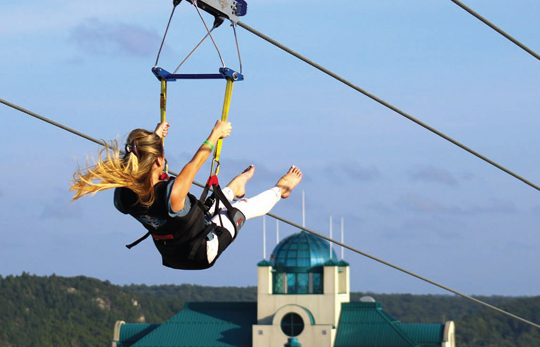
If you were to look at the tribe’s history as a time-lapse video, it would be mind-boggling, the changes that have happened in a relatively short time,” says Kari Smith, COO and general manager of Cache Creek Casino Resort, owned by the Yocha Dehe Wintun Nation of California.
During the Gold Rush of the mid-1880s, the Yocha Dehe Wintun were forced off verdant ancestral lands onto a barren rancheria, where they struggled to survive. In the 1940s, they regained part of their land in the Capay Valley. In the 1980s, they opened a modest bingo hall.
Today, the tribe of fewer than 80 people operates a multimillion-dollar casino resort, a winery and a farm. It’s the biggest employer in Yolo County, providing livelihood to some 2,500 people, tribal and otherwise.
Far from the bingo hall of old, Cache Creek—located about halfway between San Francisco and Sacramento—has a 75,000-square-foot gaming floor, a four-diamond hotel tower with a second in the works, a spa, two pools, 10 restaurants, a 700-seat event center and an 18-hole championship golf course.
Today, Cache Creek is “shifting from being casino-centric to a more resort-amenities property,” says Smith, “focused on making sure we continue to have not only the best casino product, but can attract all kinds of travelers.” The addition of 31,000 feet of “functional, flexible” meeting space will fill a regional need for smaller-group convention space, and allow the resort’s marketing team to book groups from well beyond the Sacramento Valley.
It seems that what happens in Vegas—the growth of amenities, far beyond gaming—happens at tribal resorts, too. But which attractions make the most sense, and offer the greatest return on investment?
Gaming First
Unlike in Las Vegas, at many tribal resorts, gaming remains the big draw and dominant revenue source. “We focus first on people who enjoy gambling,” says Smith, “and add amenities that will be decision-makers in winning their decision to come here.”
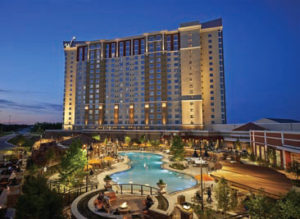
WinStar World Casino and Resort, the largest casino in the world
The same can be said of the biggest tribal resort in the U.S.—the biggest casino, period—WinStar World in Thackerville, Oklahoma. WinStar, which also started as a bingo hall, now also attracts visitors from around the world, as well as the immediate vicinity, including Arkansas, Louisiana and Texas (the latter still has no legal casinos).
Clearly, WinStar caters to gamblers, with a 300,000-square-foot casino floor, divided into nine plazas representing Paris, Beijing, Rome, Madrid, London, Vienna, Cairo, New York and Rio.
According to General Manager Jack Parkinson, gaming drives visitation, with concerts second, “but WinStar patrons have diverse motivations for visiting—the common thread is that each is looking for a solid experience. Gaming and non-gaming support each other in meeting today’s patrons’ expectations.”
To be sure, for many tribes, gaming is the cornerstone—the foundation that’s enabled them to grow and prosper. Harrah’s Cherokee in North Carolina, which had its roots in a bingo hall and opened as a video-poker-only facility in 1997, is now in the midst of a $300 million expansion that will add a fourth hotel tower, an 85,000-square-foot convention center, a sportsbook, additional retail and dining and other amenities.
“It’s an amazing thing, to see a hotel tower going up so quickly,” says Brian Saunooke, regional vice president of marketing for Harrah’s Cherokee, which also runs a sister resort in Murphy, North Carolina, about 50 miles away. “We currently have a little less than 20,000 square feet of meeting space. Our new conference and convention center is going to open up a lot more opportunity for us to host bigger trade shows, and our sales team is out in the markets to get those confirmations for 2021 and beyond.”
One study of the restaurant industry divided food-and-beverage outlets into “amenities” and “attractions”—the former being types of eateries that are expected, the coffee shop or burger joint, and the latter acting as differentiators.
At Harrah’s Cherokee, “consideration is given to the traditional offerings you see at other casino resorts,” says Saunooke. “We’ll do research within our markets, but also look at the industry nationwide, what’s working in other areas that might work here. Beyond that, we do a lot of listening to our customers, not only through surveys, but also one-to-one relationships they have with our employees.”
Second to gaming, the resort’s hotels are most in demand, “so much so that we have to turn away quite a bit of business,” says Saunooke—hence the decision to invest in another tower, which will add more than 1,800 guest rooms and suites.
Market research also taps potential guests, says Saunooke, “to better understand their preferences, the price points that should be represented, the brands they’d like to see.”
Gaming generates “the lion’s share of profits” at Cherokee, but non-gaming and gaming go hand in hand.
“A significant percentage of our business comes from customers who visit the resort, stay in the hotel and go to a concert, then play on the slot machines or table games,” Saunooke says. “So an in-demand hotel or concert adds to a busy casino floor, and a busy casino floor boosts the restaurants and retail shopping. They work together.”
A Buyer’s Market
In Las Vegas, according to the Center for Gaming Research at the University of Nevada, Las Vegas, the shift to non-gaming started in 1999. By 2017, Strip casinos’ non-gaming revenue had risen from 52 percent to 66 percent.
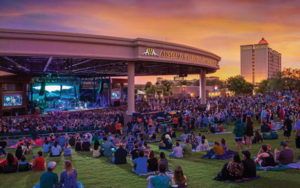
Casino Del Sol’s 5,000-seat AVA Amphitheater
While tribal resorts are reaping more revenues than ever from non-gaming, Kimberly Van Amburg, CEO of Casino Del Sol in Tucson, points out that the Vegas model doesn’t always apply in Indian Country.
“Vegas is an international resort and national conference destination; accordingly, hotels and restaurants and conference centers grew up around it to service the millions of people who visit every year. Sometimes people point to Vegas and say a tribal casino in Minnesota is going to follow that model, percentage-wise. Well, not necessarily.”
Casino Del Sol, owned and operated by the Pascua Yaqui Tribe, had its origins in a bingo club that opened in 1982. Today, it’s a destination resort in the Sonoran Desert, complete with a golf course, a spa, a ballroom that doubles as conference space, and the 5,000-seat AVA Amphitheater. In 2019, the tribe added an RV park and the 151-room Estrella hotel, with a pool and water slide, fitness center, arcade and additional meeting rooms.
Whenever the tribe ponders an addition, says Van Amburg, “We ask two things: will it be profitable on its own and, will it enhance gaming? When the answer to both questions is yes, we’re much more likely to move forward with the project. The bowling alley, movie theater and golf course are profitable, but they’re intended to bring people into the gaming facility.”
Deana Scott, CEO of Reno-based Raving Consulting, avoids any generalities about non-gaming in tribal resorts. “In some markets, you can differentiate through additional amenities, but in others, it doesn’t make sense. I’ve been to properties with 100 games and a snack bar, and they’re doing just fine. There’s no reason to add a hotel or table games if the market doesn’t demand it.”
While each added amenity must be financially viable, the loss leaders or break-evens of old—affordable buffets, for example—aren’t out of line, if they support overall profitability and the guest experience.
“The last thing you want to do is build a buffet thinking it’s going to make money, and it loses $100,000,” Scott says. “But you can go into it saying, in our market, from a strategic point of view, a buffet is a marketing opportunity, and we’ll justify the cost as a marketing expense.
“In the early days, it made a lot of sense to have all these loss leaders, because gaming was such a big revenue driver. But in today’s competitive environment, a more mature, more demanding customer is looking for other reasons to make a trip. A lot of homework has to be done before throwing out the newest amenity. It has to fit into the overall mix, and you have to justify it financially.”
According to Saunooke, developers and marketers “need to make sure we have each step of a customer’s journey considered, so the different amenities flow together naturally and create a higher value proposition for guests who are deciding where to spend their discretionary income. Specifically, Cherokee is creating that overall package for customers who are looking for a lot of different things to do on a trip, not just play the slot machines.”
“We’re no longer in the business of putting a nickel in a machine and pulling a slot,” according to Greg Sarris, tribal chairman of the Federated Indians of Graton Rancheria, who own the Graton Resort & Casino in Sonoma County, California.
In a January interview with the San Jose Mercury News, Sarris said, “Casinos have evolved to serve everyone, even people who don’t gamble. We want everyone to feel welcome here.”
Q&A: Suzanne Trout
Chief Marketing Officer, Foxwoods Resort Casino
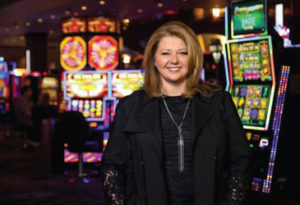 Tribal Government Gaming: Non-gaming is the dominant revenue-generator in parts of the commercial casino world, notably in Las Vegas. Is that also true of large-scale tribal resorts, such as Foxwoods?
Tribal Government Gaming: Non-gaming is the dominant revenue-generator in parts of the commercial casino world, notably in Las Vegas. Is that also true of large-scale tribal resorts, such as Foxwoods?
Suzanne Trout: The dominance of non-gaming revenues in Las Vegas took time, as new resort amenities were built out and the audience for non-gaming grew. The same is true for Foxwoods; the transition is happening over time.
But in local and regional markets, our more limited audiences still keep gaming revenues on top. We’re finding that through expanding our resort offerings, we’re increasing the leisure/retail customer mix in our hotels; from social and digital campaigns to new brand positioning and initiatives, attracting new resort guests is a priority.
Foxwoods has a long list of recreational activities: a zip line, virtual-reality amusements, TopGolf, kart races. How much research goes into choosing what to invest in?
We conduct market research before adding amenities, keeping in mind that any one of these attractions on its own is not as significant as the whole. Foxwoods’ expansive campus has afforded opportunities to really differentiate our resort, such as the Tanger Outlets. The Mashantucket Pequot Museum & Research Center, the largest Native American museum in the world, is next-door, as well as two championship Troon golf courses.
The beauty of a resort with this much to offer is our guests can create their own experiences. Some come to see A-list entertainers such as Darryl Hall and John Oates or Kesha. Others visit for a night out with dinner and blackjack. We’re seeing more group getaways—golf, spa, shopping—and guests celebrating special occasions.
How does it all contribute to your hotel occupancy?
We’ve seen occupancy grow over the years. Demand remains high, and we’re seeing more diversity in who’s booking, including groups, families, and consumers traveling from further distances.
